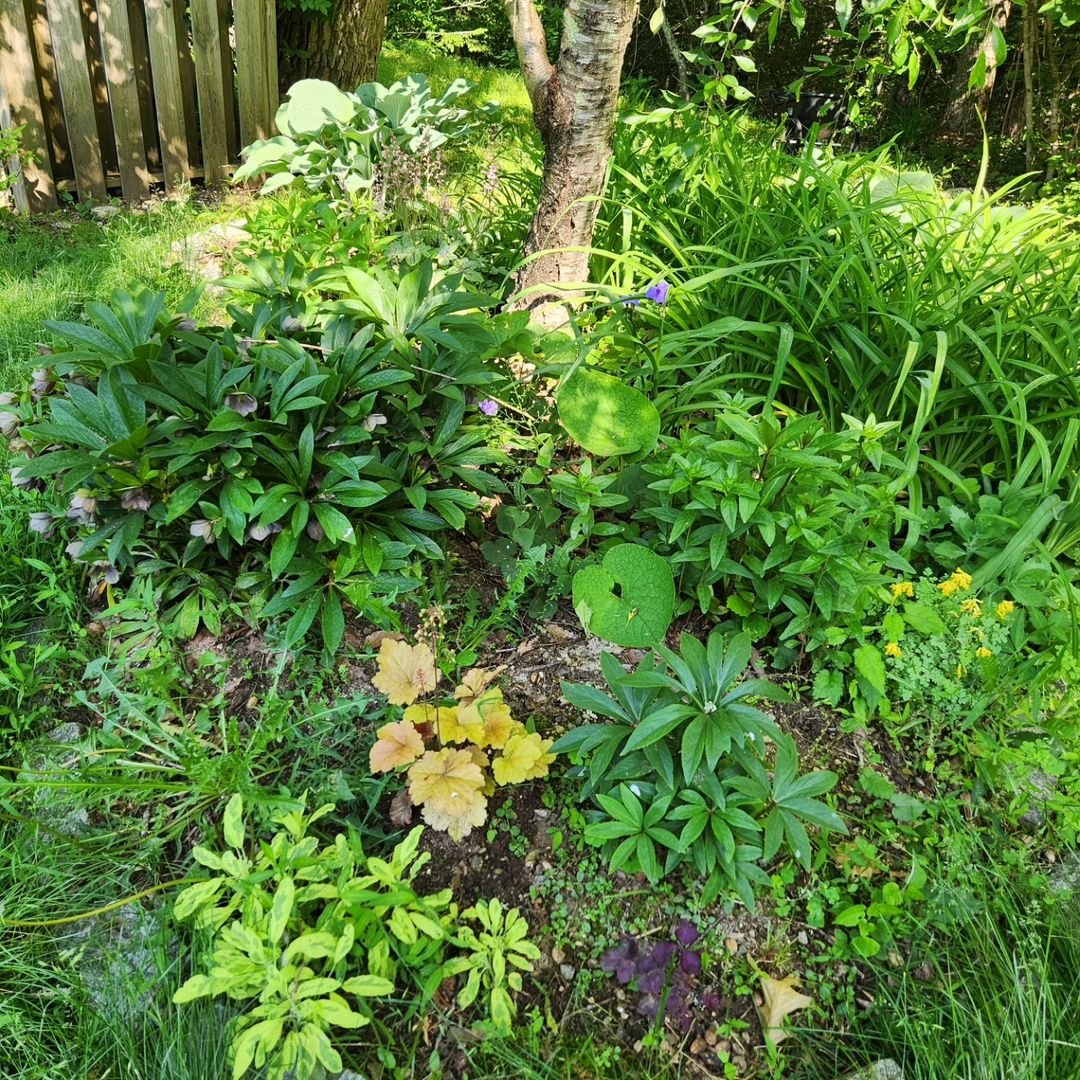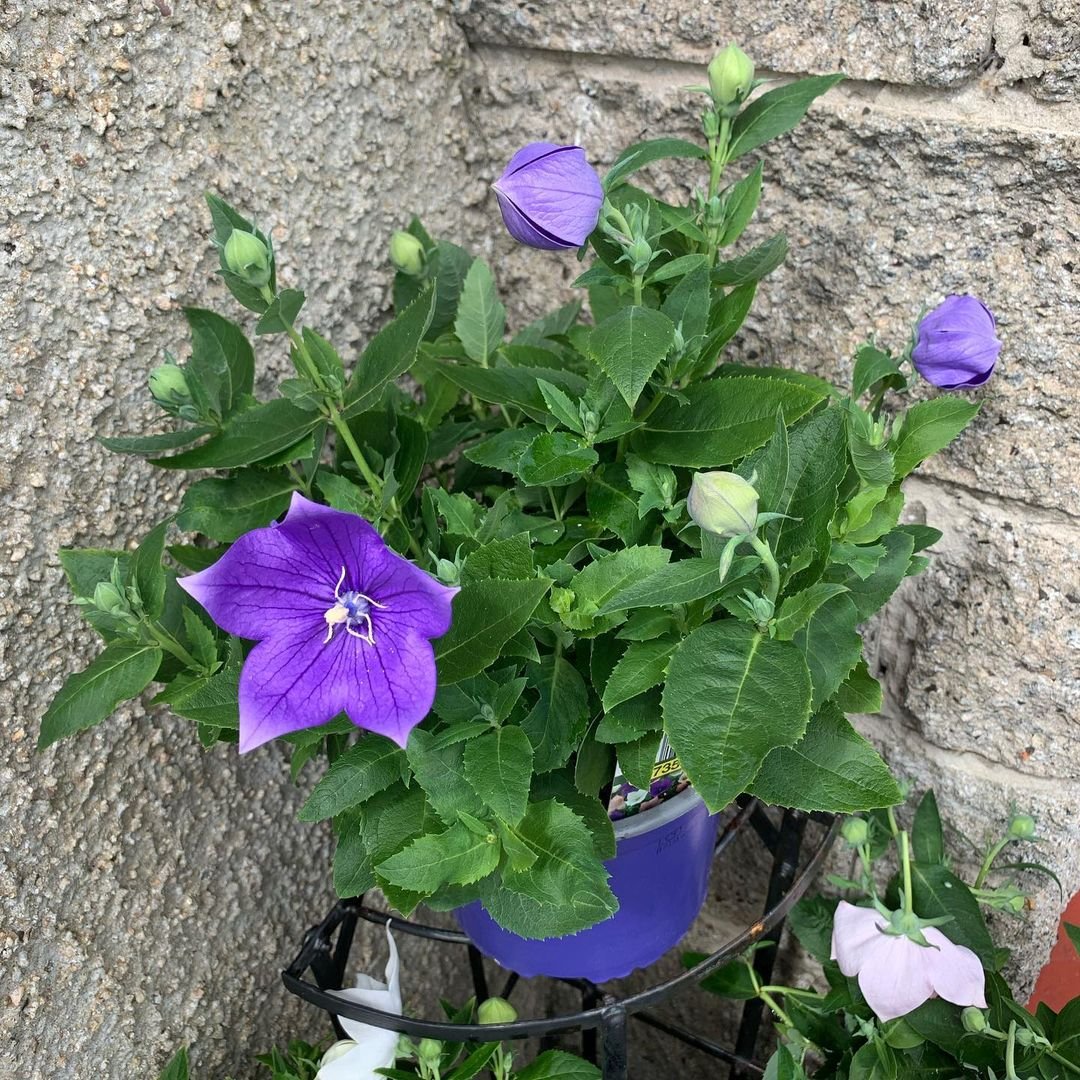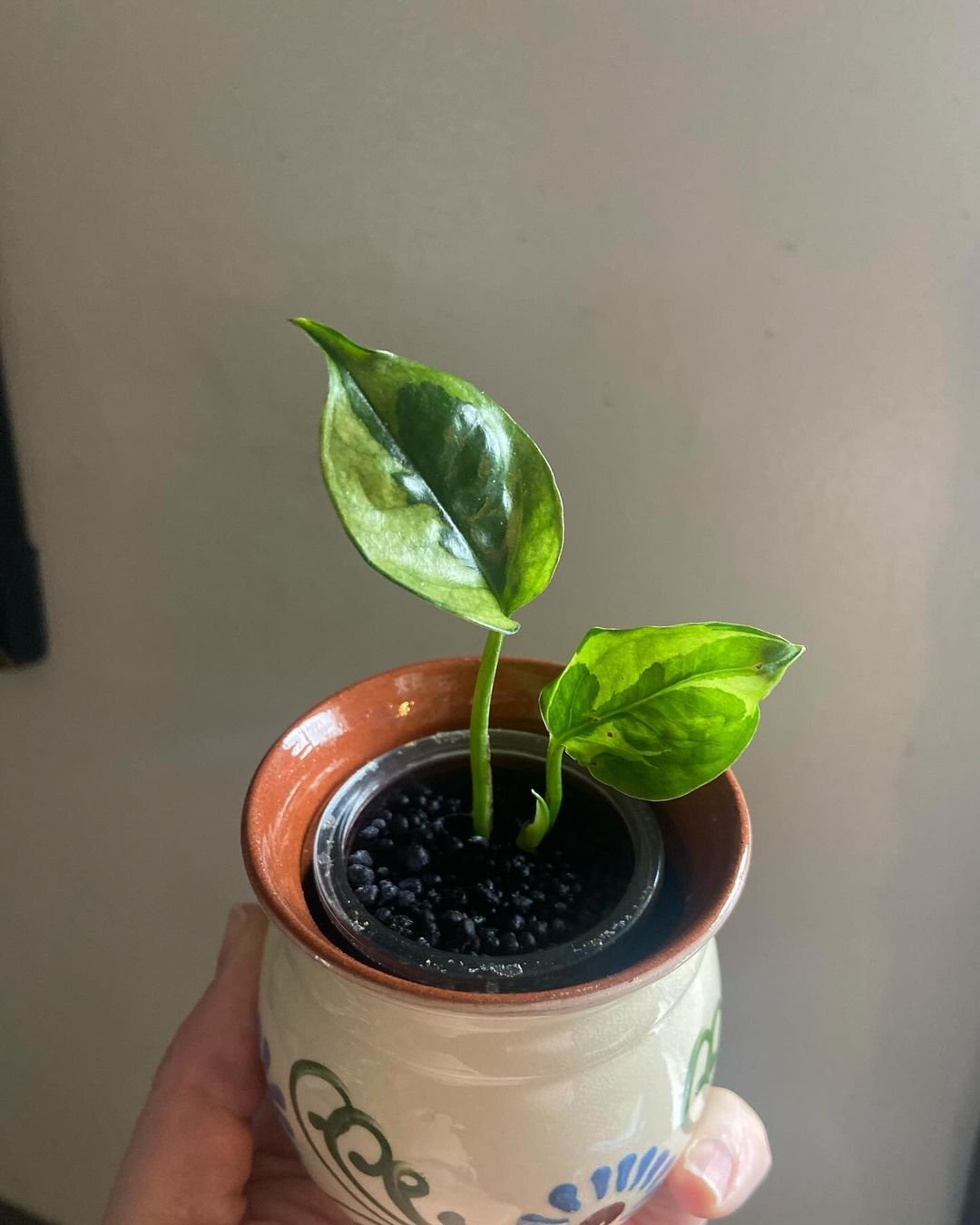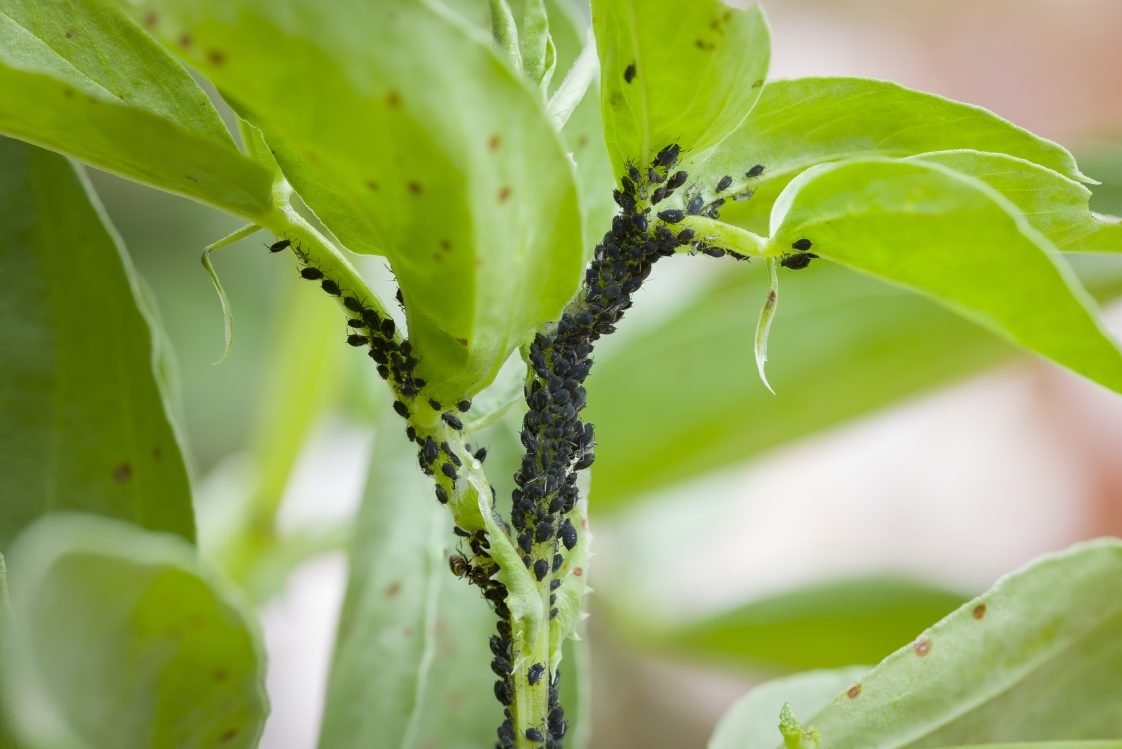Learn how to create your own enchanting witchy garden with this easy-to-follow guide. Discover magical plants, decorative ideas and practical tips for cultivating a mystical outdoor space that reflects your personal style and connects you with nature.
Have you ever wanted to make a garden that feels magical? A witchy garden can be a fun and special place in your yard. It’s a garden where you grow plants that people have long thought to have special powers or uses. This kind of garden can be both pretty to look at and useful for things like cooking or making tea.
What Is a Witchy Garden?

Here’s a simplified and verified chart for a Witchy Garden, focusing on plants commonly associated with magical or witchy gardens:
| Aspect | Details |
|---|---|
| Botanical Name | Various (e.g., Salvia officinalis, Atropa belladonna) |
| Common Name | Witchy Garden Plants (e.g., Sage, Belladonna) |
| Plant Zone | Varies by plant (e.g., Sage: Zones 4-8, Belladonna: Zones 5-9) |
| Sun Exposure | Full sun to partial shade |
| Soil Type | Well-draining, fertile soil |
| Watering | Moderate watering, varies by plant |
| Growth Habit | Varies (e.g., Sage: bushy, Belladonna: upright) |
| Height/Spread | Varies (e.g., Sage: 12-24 inches tall, Belladonna: 3-5 feet tall) |
| Special Features | Aromatic herbs, medicinal properties, historical uses in witchcraft and folklore |
A witchy garden is a type of garden that grows plants often used in old traditions or believed to have magical properties. But don’t worry – you don’t have to believe in magic to enjoy this kind of garden! It’s really just a fun way to grow plants that have been important to people for a long time.
These gardens often have herbs, flowers and other plants that smell nice or can be used in cooking. Some people like to add objects like pretty stones or wind chimes to make the garden feel more special.
Why Make a Witchy Garden?
There are many good reasons to make a witchy garden:
- It’s fun and different from usual gardens.
- You can grow plants to use in cooking or for making tea.
- Many of these plants smell nice and can make your yard smell good.
- It can be a calm place to relax.
- You can learn about how people used plants in the past.
Getting Started
To start your witchy garden, you’ll need to do some planning:
- Choose a spot: Pick a place in your yard that gets enough sun. Most plants need at least 6 hours of sunlight each day.
- Check your soil: Make sure your soil is good for growing plants. You can get your soil tested to see what it needs.
- Decide how big you want your garden to be: Start small if you’re new to gardening. You can always make it bigger later.
- Plan your layout: Think about which plants you want and where they should go. Put taller plants in the back and shorter ones in front.
Choosing Plants for Your Witchy Garden

Here are some plants that are often used in witchy gardens:
- Lavender: This purple flower smells nice and can help you relax.
- Rosemary: A herb used in cooking that some people think helps memory.
- Sage: Another cooking herb that some believe can clear bad energy.
- Mint: Smells fresh and can be used to make tea.
- Chamomile: Makes a calming tea that can help you sleep.
- Echinacea: A pretty flower that might help boost your immune system.
- Mugwort: Some people use this to help with dreams.
- Yarrow: A flower that was once used to stop bleeding.
- Lemon Balm: Smells like lemon and can be used in tea.
- Basil: Used in cooking and thought to bring good luck.
Remember to check which plants grow well in your area. The USDA Plant Hardiness Zone Map can help you figure this out.
How to Plant Your Witchy Garden

Once you’ve chosen your plants, it’s time to start planting:
- Prepare the soil: Dig up the area and add compost to make the soil better for plants.
- Plant your chosen plants: Dig holes big enough for the roots and plant them carefully.
- Water well: Give your new plants plenty of water to help them start growing.
- Add mulch: Put a layer of mulch around your plants to keep water in and stop weeds.
Caring for Your Witchy Garden

To keep your garden healthy:
- Water regularly: Most plants need about an inch of water per week.
- Remove weeds: Pull out any weeds you see to keep your plants healthy.
- Prune when needed: Cut back plants that get too big.
- Watch for pests: Check your plants often for bugs or diseases.
Adding Special Touches
To make your garden feel more magical:
- Add stones or crystals: Put pretty rocks or crystals in your garden.
- Hang wind chimes: The sound can make your garden feel peaceful.
- Put up a bird bath: This can attract birds to your garden.
- Add garden art: Statues or decorations can make your garden unique.
- Make paths: Create small paths between your plants using stones or mulch.
Using Plants from Your Witchy Garden
Many plants in a witchy garden can be used in different ways:
- Cooking: Use herbs like rosemary, sage and basil in your meals.
- Making tea: Dry herbs like mint, chamomile or lemon balm to make tea.
- Making sachets: Put dried herbs in small bags to make your clothes smell nice.
- Creating natural cleaners: Some herbs can be used to make cleaning products.
Always make sure a plant is safe before you use it. The National Capital Poison Center has information about plant safety.
Learning More About Plants
To learn more about the plants in your witchy garden:
- Visit a local botanical garden: See different plants and learn how to grow them.
- Join a gardening club: Meet other people who like gardening and share tips.
- Take a class: Many garden centers offer classes on plant care.
- Read books: Your local library will have books about gardening and plant lore.
- Use online resources: Websites like the National Gardening Association have lots of helpful information.
Sharing Your Garden
Once your witchy garden is growing well, you might want to share it:
- Have a garden party: Invite friends to see your garden.
- Share photos online: Post pictures of your garden on social media.
- Give plant cuttings as gifts: Share parts of your plants with others so they can grow their own.
- Make herb bundles: Dry herbs and give them as gifts.
Dealing with Challenges

Every garden has some problems. Here are some common issues and how to handle them:
- Pests: If bugs are eating your plants, try using natural pest control methods. The Environmental Protection Agency has information on safe pest control.
- Weather: Protect your plants from extreme weather by covering them or bringing potted plants inside.
- Not enough space: If you don’t have a yard, try container gardening on a patio or balcony.
- Too much shade: If your yard is shady, choose plants that don’t need much sun.
- Poor soil: If your soil isn’t good for plants, use raised beds or containers with potting soil.
Connecting with Nature
A witchy garden can help you feel more connected to nature:
- Spend time in your garden regularly: Even a few minutes a day can help you relax.
- Watch how your garden changes: Notice how plants grow and change with the seasons.
- Learn about the wildlife in your garden: Watch for birds, bees and butterflies that visit your plants.
- Practice mindfulness: Use your garden as a place to be calm and notice the present moment.
Creating a witchy garden can be a fun and rewarding project. It’s a chance to grow useful plants, make a beautiful space and connect with nature. Remember, gardening takes time and patience. Don’t worry if everything isn’t perfect right away. The most important thing is to enjoy the process of creating and caring for your special garden.
Whether you believe in the magical properties of these plants or just enjoy their beauty and usefulness, a witchy garden can be a wonderful addition to your home. Happy gardening!